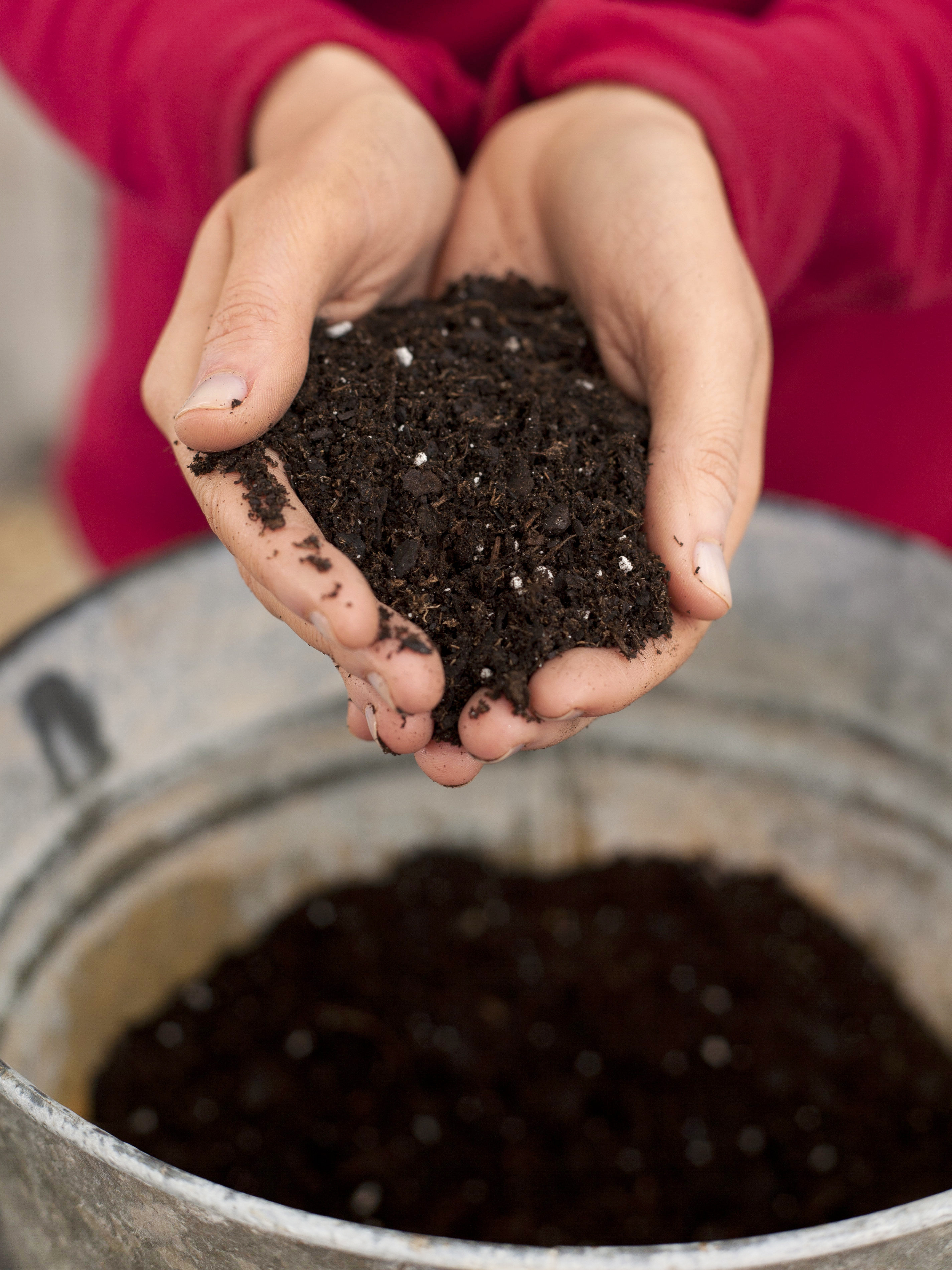
For browns, set aside an area outside to store your steady supply of leaves, twigs, or other carbon-rich material (to mix with your food scraps). Steps for Backyard Compostingĭetermine how you will collect and store your browns and greens.Ĭollect and store your fruit and vegetable scraps in a closed container on your kitchen counter, under your sink, or in your fridge or freezer. These items are designed to be composted at commercial composting facilities. *Backyard composting piles do not generally reach high enough temperatures to fully decompose certified compostable food service ware and bags. Shredded cardboard (no wax coating, tape, or glue) Shredded paper (non-glossy, not colored) and shredded brown bags What You Can Compost What You Can Compost at HomeĬompostable food service ware and compostable bags* The nitrogen-rich materials heat up the pile to create ideal conditions for the material to breakdown.


You reduce the volume of materials that might otherwise be disposed in landfills or trash incinerators - leaves, grass clippings, yard trim, and food scraps – and prevent powerful greenhouse gases from being emitted into the atmosphere.Composting is a resourceful way to recycle the food scraps and yard trim you generate at home all year and manage your waste more sustainably.By turning our food scraps and yard trim into compost, we can transform our waste streams into a beneficial, value-added soil amendment and use it to protect the environment and create resilient communities. It is one of the most powerful actions we can take to reduce our trash, address climate change, and build healthy soil. You can compost at home using food scraps from your kitchen and dry leaves and woody material from your yard.Ĭomposting is nature’s way of recycling. They use carbon and nitrogen to grow and reproduce, water to digest materials, and oxygen to breathe. Microorganisms feed on the materials added to the compost pile during the composting process. The end product is compost – a dark, crumbly, earthy-smelling material. Composting is a controlled, aerobic (oxygen-required) process that converts organic materials into a nutrient-rich soil amendment or mulch through natural decomposition.


 0 kommentar(er)
0 kommentar(er)
